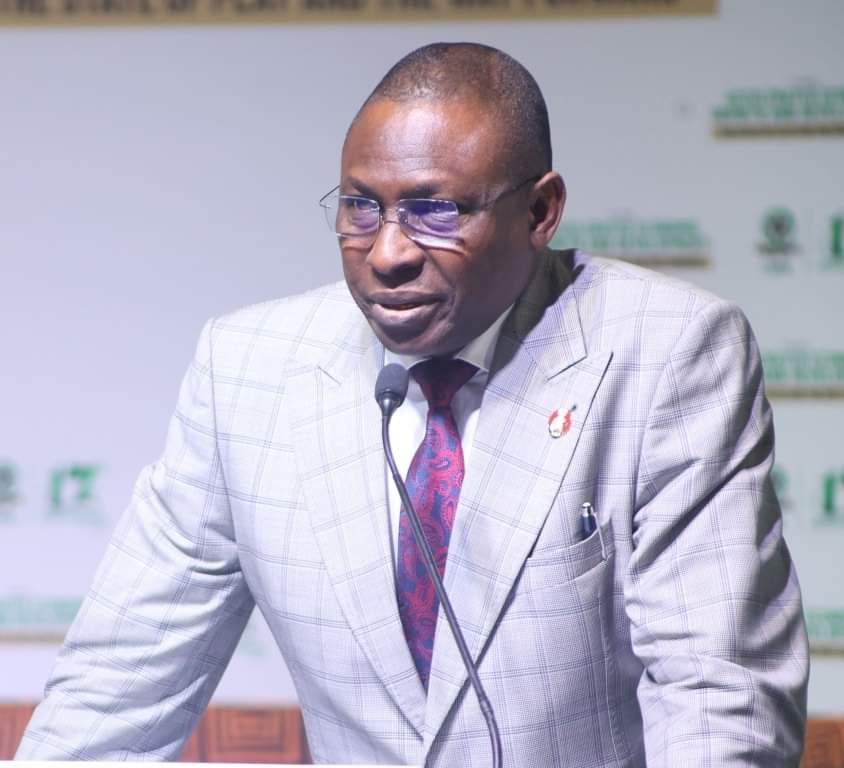The International Monetary Fund (IMF) has revised Nigeria’s economic growth forecast for 2024, lowering it to 2.9% from a previous estimate of 3.3%. This downgrade, detailed in the IMF’s latest Global Economic Outlook report, is attributed to ongoing insecurity in oil-producing regions, devastating floods, and disappointing economic activity during the first half of the year.
The report, presented by Pierre-Olivier Gourinchas, Director of the IMF’s Research Department, and Daniel Leigh, Division Chief, highlights the complex factors affecting Nigeria's economy. Earlier this year, weeks of severe flooding led to significant loss of life and property, impacting food supplies and agricultural productivity, particularly in the northern regions. The National Emergency Management Agency reported that the floods resulted in 185 fatalities and displaced over 208,000 people across 28 of Nigeria’s 36 states, a crisis exacerbated by poor infrastructure.
Additionally, unrest in the Niger Delta has hindered oil production, Nigeria's primary revenue source. As a result, the IMF's report reflects broader global economic trends, indicating stable yet modest growth projections worldwide. Notably, the IMF revised its global growth forecast downward by 0.1% to 3.2% for 2025.
The report underscores a divergence in economic performance across regions. While emerging markets face challenges such as civil unrest and extreme weather events, areas like emerging Asia are experiencing growth due to robust demand for semiconductors and technology investments.
Looking ahead, the IMF predicts Nigeria’s economy will expand by 3.2% in 2025, with inflation expected to stabilize at 25% in the same year, gradually decreasing to 14% by 2029. This forecast represents a slight improvement from the July projections.
Sub-Saharan Africa's growth is also revised downward, reflecting the impact of climate-related shocks and ongoing conflicts, particularly in Sudan, which is experiencing a significant economic contraction. The IMF estimates that regional GDP growth will increase from 3.6% in 2023 to 4.2% in 2025, as adverse impacts from previous weather events begin to diminish.
Despite these challenges, Nigeria's GDP growth rates of 2.98% and 3.19% in the first and second quarters of 2024 indicate resilience amid rising inflation and currency depreciation. After a prolonged period of increasing inflation rates, Nigeria experienced a slight slowdown beginning in July 2024. However, inflation has resumed its upward trajectory following a rise in petrol prices in September.







